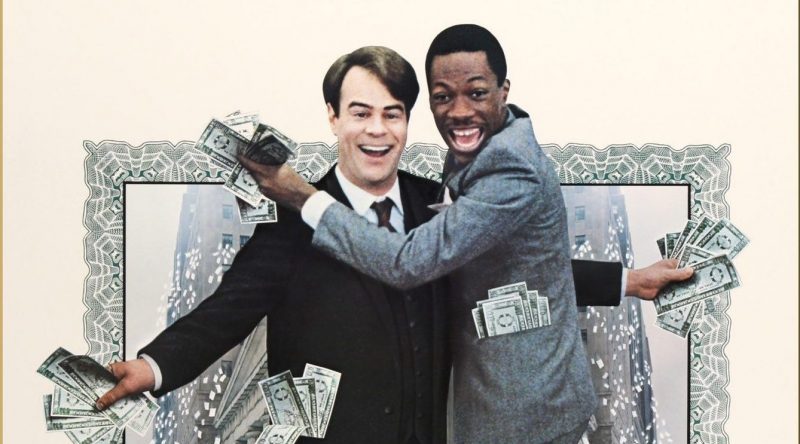Sutton Walsh
Dr. Ott
Personal Finance
16 January 2020
Personal Finance Final Reflection
The knowledge I gained from the Personal Finance J-Term course is knowledge I will carry with me, truly, for the rest of my life. Taking part in this class made me realize how clueless I would be starting my adult life no financial foundation or plan for becoming a FIr. I wouldn’t even know that was something to become! From readings to speakers, presentations, and activities, this two week period has changed how I view my future.
“Your Money or Your Life” and “Why Didn’t They Teach Me This in School?” were fantastic readings that consolidated critical information and taught me lifelong lessons. “Why Didn’t They Teach Me This in School?” shared concise and simple teachings that will help me to save tens of thousands of dollars and not make disastrous decisions regarding my hard-earned money. The book paired perfectly with “Your Money or Your Life”, an inspirational step-by-step reading to becoming financially independent, retiring early, and making the most out of your time.
The speakers that came were professional and compelling. Champ Warren gave an in-depth presentation on the U.S. economy and whether or not we were heading into a recession. He showed us many graphs that, without his explanation, I wouldn’t have been able to interpret. The way he explained the graphs made it super simple to understand, even for beginners like myself. I learned so much about what factors play into a recession and what a non-recession versus a recession period looks like on a graph. His speech was a highlight of the course and I think he should come and give a similar presentation to the entire high school. Alan Ying’s talk differed greatly from that of Champ Warren. It was more conversational and open to questions. He talked about starting a career and critical qualities needed to undergo this process (specifically persistence and a positive attitude). He also talked about how 100% of his friends who went to graduate school are still paying off their debt. This comment impacted me as I am deciding whether or not I would like to attend graduate school. Overall, the speakers, despite presentation styles and topics, taught me so much valuable knowledge to consider as I strive towards Financial Independence.
The mini-research projects, while “mini”, taught me fascinating skills to help me make smart decisions with my money. The “city 4-plex” lesson showed how drastic the cost of living was depending on your location and the perks of investing in a rental property during college and graduate school. I learned that you can make great amounts of profit by investing in a property to rent to college grads (NOT college students, they love to party). The "practicing technical analysis strategy" mini-project will serve in handy, especially when I begin to invest in stocks in the future. I used the simple “crossover” strategy - applying a long term moving average and a short term moving average to a chart and buying or selling based on which line crosses over which. This strategy proved to be effective and I gained a high amount of reward. It motivated me to learn other strategies too, as I realized that technical analysis doesn't have to be as challenging as its name sounds.
Movies in Personal Finance? Of course! The movies we watched made it easier (and more fun!) to understand bank scandals to other financial catastrophes. While my gluteus maximus began to ache from sitting on the stools for hours on end, the knowledge I took out of the movie-watching experience was worth the pain. While some movies I still don’t quite understand, I learned how the bank can be untrustworthy and if something sounds too good to be true, it most likely is.
Last but certainly not least is the Investopedia Stock Simulator! Boy did I have fun experimenting with stocks. At first, I was terribly confused because I had no idea how investing in stocks work, what stocks I should buy, when I should sell, how many shares, why am I in last place!? Over the course of the J-Term, I was able to make my way up to 5th place(!) by investing in stocks after doing some research, understanding the right time to buy and sell, and spending my cash in an intelligent manner. I developed a minor addiction to this simulator and it got me both excited and a little nervous to start investing in the real stock market. With some experience under my belt, I felt better about the future (of course, I will paper trade for a year before starting to invest in the stock market).
In conclusion, I was pleasantly surprised by the amount of information I learned about finance in this short period of time. While it doesn’t sound as “cool” as a trip to Spain or Jamaica, I think it has taught me so much more in the long run. I am so thankful that I was chosen to participate in this course because I can’t imagine going to college with no plan whatsoever about my life! I now have a functional budgeting system, experience investing in the stock market, and so many more advantages that the majority of high schoolers do not receive. I am seriously debating taking this course again because it has changed my life and is the reason I am motivated to become financially independent and retire early!

